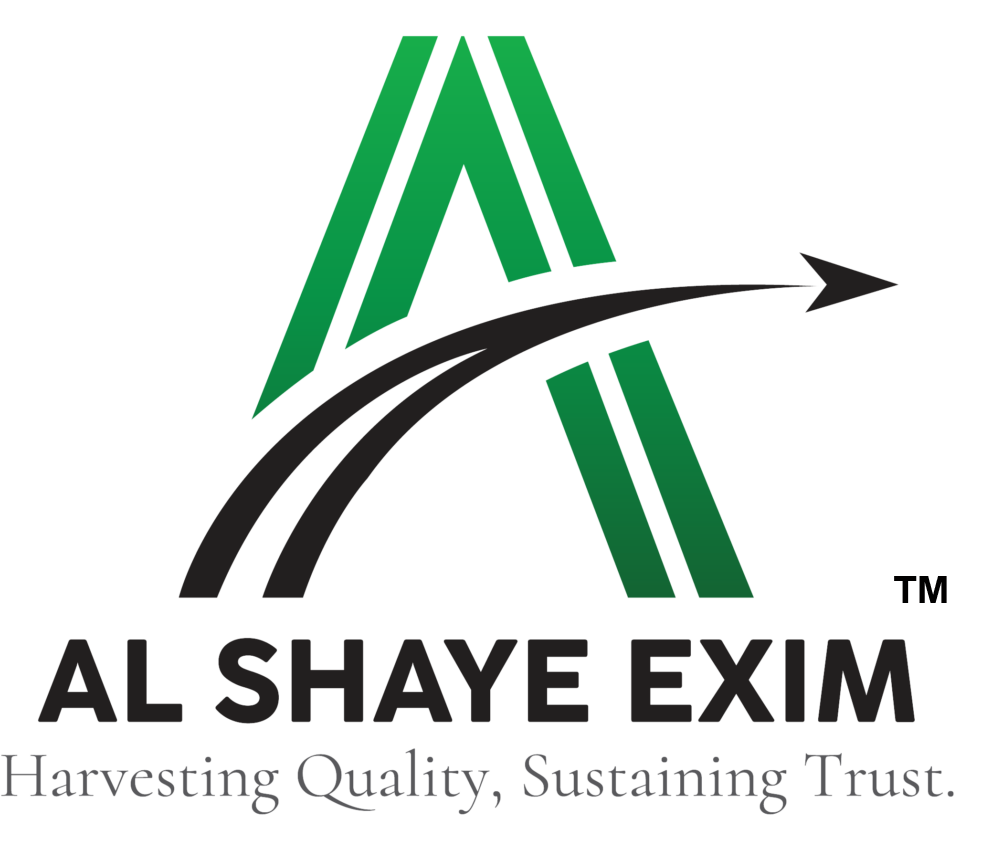Sustainable sourcing has moved from optional to mandatory across GCC and EU food supply chains. Retailers, regulators, and logistics networks now demand proof that every product fresh or processed is responsibly grown, safely handled, and fully traceable.
This shift is reshaping how importers evaluate Indian suppliers in 2025.
1. ESG and Due-Diligence Are Driving New Buyer Expectations
Importers now require more than quality certificates. They want:
- Verified chemical usage and MRL-safe farming
- Worker-safety compliance at farm and packhouse
- Lower environmental footprint across cold-chain and packaging
- Documentation that can withstand audits and cross-checks
Buyers are being pushed by updated European due-diligence frameworks, GCC food-safety programs, and retailer sustainability scoring systems.
2. What “Sustainable Sourcing” Means in Real Terms?
a) Clean production at origin
Importers expect:
- Controlled pesticide programs
- Efficient irrigation and soil-health management
- Crop logs with date, field, and input details
b) Social responsibility
Exporters must show:
- Safe working conditions
- Transparent labour contracting
- Responsible chemical handling
c) Environmental efficiency
Buyers prefer exporters with:
- Energy-conscious cold chain
- Waste-reduction protocols
- Recyclable or lightweight packaging
d) Full traceability
Documented farm IDs, harvest records, batch codes, pre-shipment tests, and temperature logs have become compulsory for premium markets.
3. Why GCC & EU Importers Care?
- GCC: Food-security programs now prioritise predictable, compliant, data-backed suppliers.
- EU: Due-diligence and sustainability reporting make traceability non-negotiable.
Suppliers who cannot provide structured data face slower approvals or outright rejection.
4. How Indian Exporters Can Stay Preferred?
Successful exporters are already investing in:
- Farm-level documentation systems
- Clean packhouse operations
- Traceability tools that track product flow
- Transparent compliance data for importers
This reduces sourcing risk for buyers — and increases long-term contract stability for exporters.
Sustainability is no longer a marketing term. For importers, it is a risk filter.
For exporters, it is now a qualification requirement.
If your buyers demand data-backed sourcing, we help you deliver it consistently and globally.

